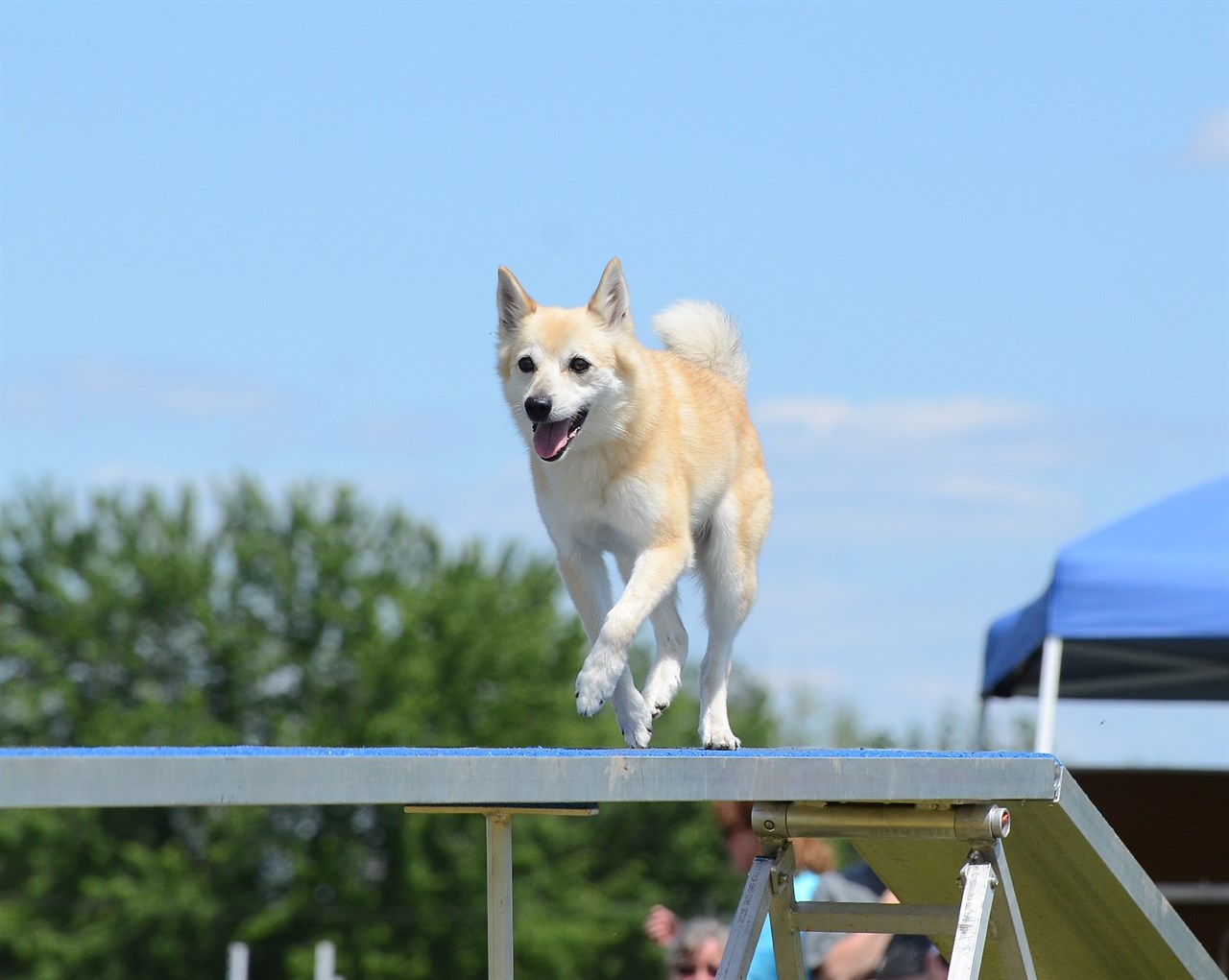Expected Life Span of the Norwegian Buhund

The Norwegian Buhund is generally a healthy and hardy breed with a relatively long life expectancy compared to some other dog breeds. When provided with proper care, nutrition, and regular veterinary check-ups, Norwegian Buhunds can live a fulfilling and active life. Here's what you can expect in terms of their life span.
Average Life Span
On average, Norwegian Buhunds have a life span ranging from 12 to 15 years. Many Buhunds reach the upper end of this range or even beyond with good care.
Genetics
Genetics plays a significant role in a dog's life span. Buhunds with a strong genetic predisposition to health issues may have a shorter life span, while those from healthy bloodlines may live longer.
Healthcare
Regular veterinary care, including vaccinations, preventive measures for common health issues, and prompt treatment of any illnesses or injuries, can extend a Buhund's life span.
Nutrition
Providing a well-balanced and age-appropriate diet is essential for maintaining good health and potentially extending the life span of your Buhund.
Exercise
Keeping your Buhund physically and mentally active is crucial. Regular exercise helps maintain a healthy weight, improves muscle tone, and contributes to overall well-being.
Weight Management
Maintaining a healthy weight is a critical factor in extending a dog's life span. Obesity can lead to a range of health issues that can shorten a Buhund's life.
Breed-Specific Health Concerns
While Norwegian Buhunds are generally a healthy breed, they can be prone to certain breed-specific health concerns, including hip dysplasia and eye issues. Responsible breeding practises and regular health screenings can help mitigate these risks.
Individual Variations
It's important to note that individual variations exist within any breed. Some Buhunds may live longer or shorter lives than the average, and each dog is unique in terms of its genetics and health.
To maximise the life span of your Norwegian Buhund, provide them with a loving and caring environment, regular exercise, a balanced diet, and access to veterinary care throughout their life. Additionally, early socialisation, proper training, and mental stimulation contribute to their overall well-being and can enhance their quality of life as they age.
Norwegian Buhund puppies for sale
- Find Norwegian Buhund puppies for sale in ACT
- Find Norwegian Buhund puppies for sale in NSW
- Find Norwegian Buhund puppies for sale in NT
- Find Norwegian Buhund puppies for sale in QLD
- Find Norwegian Buhund puppies for sale in SA
- Find Norwegian Buhund puppies for sale in TAS
- Find Norwegian Buhund puppies for sale in VIC
- Find Norwegian Buhund puppies for sale in WA